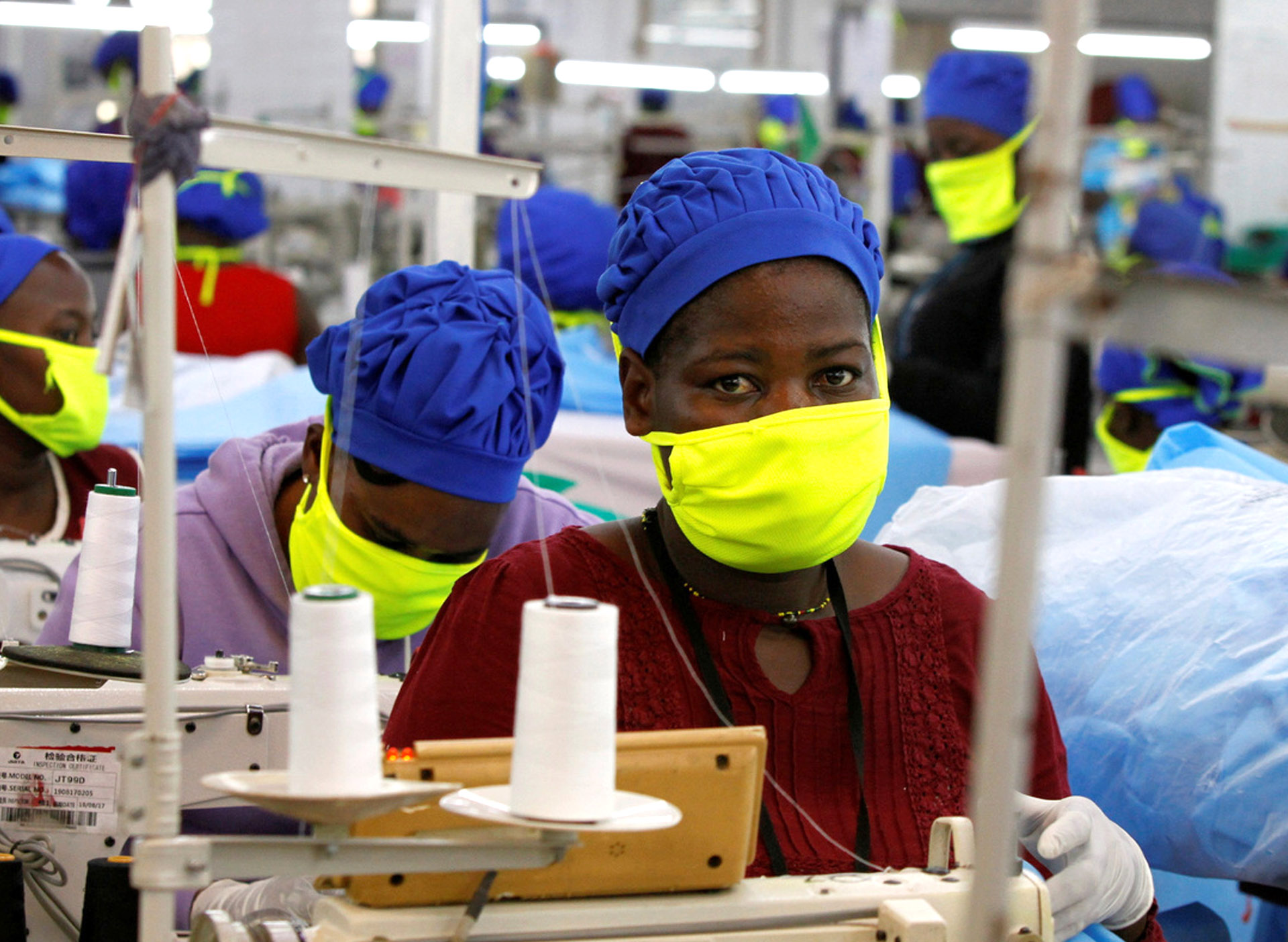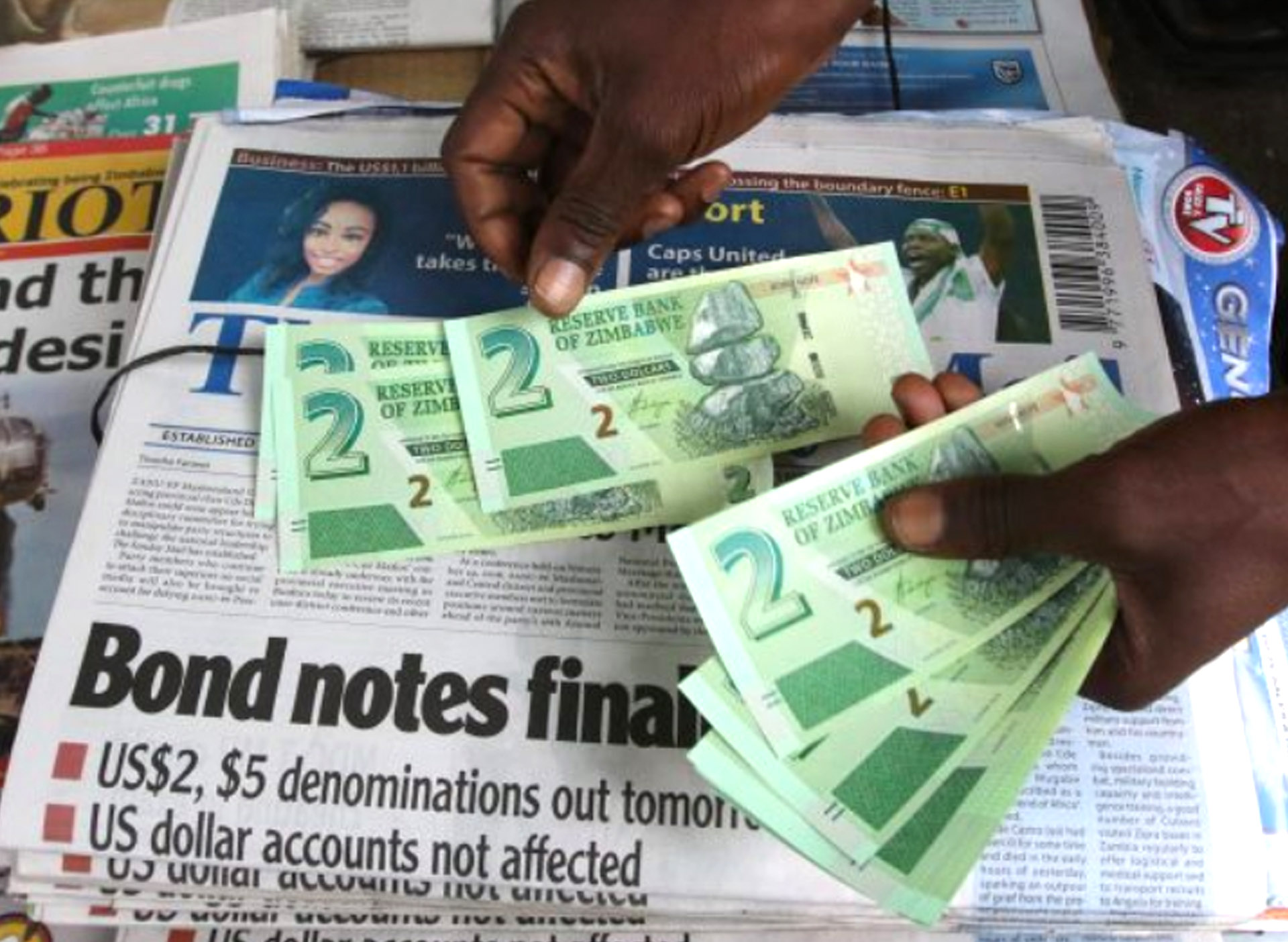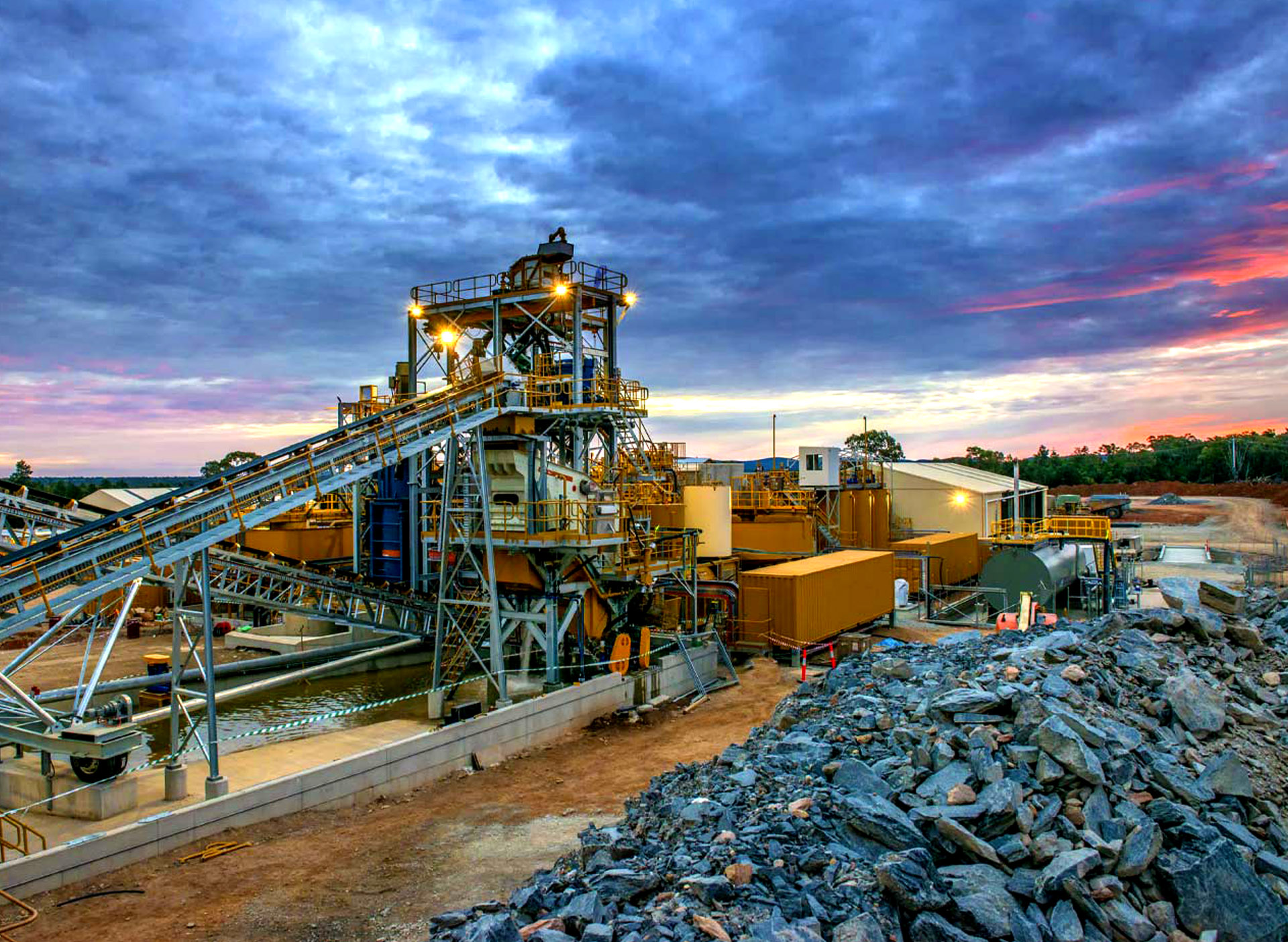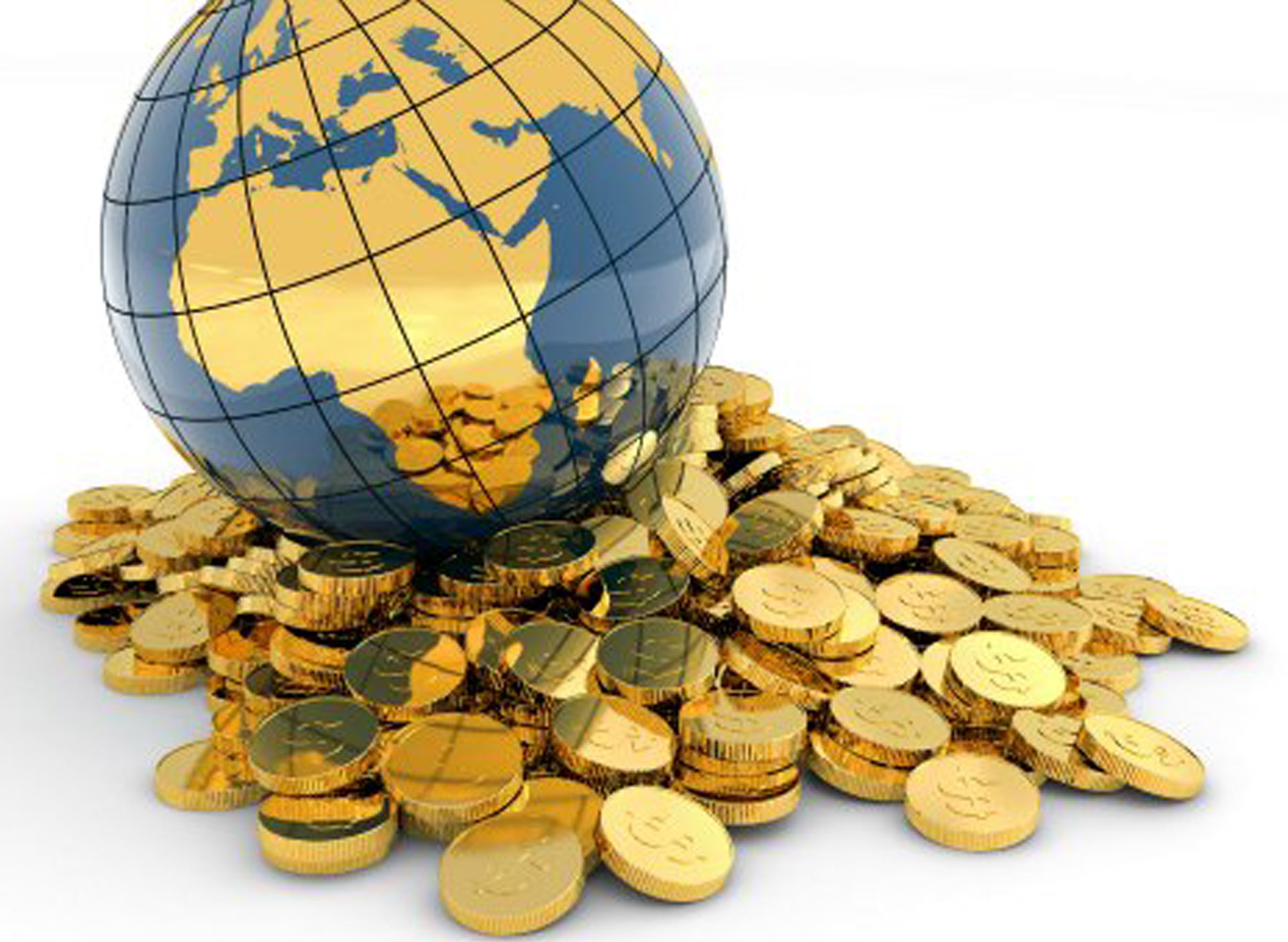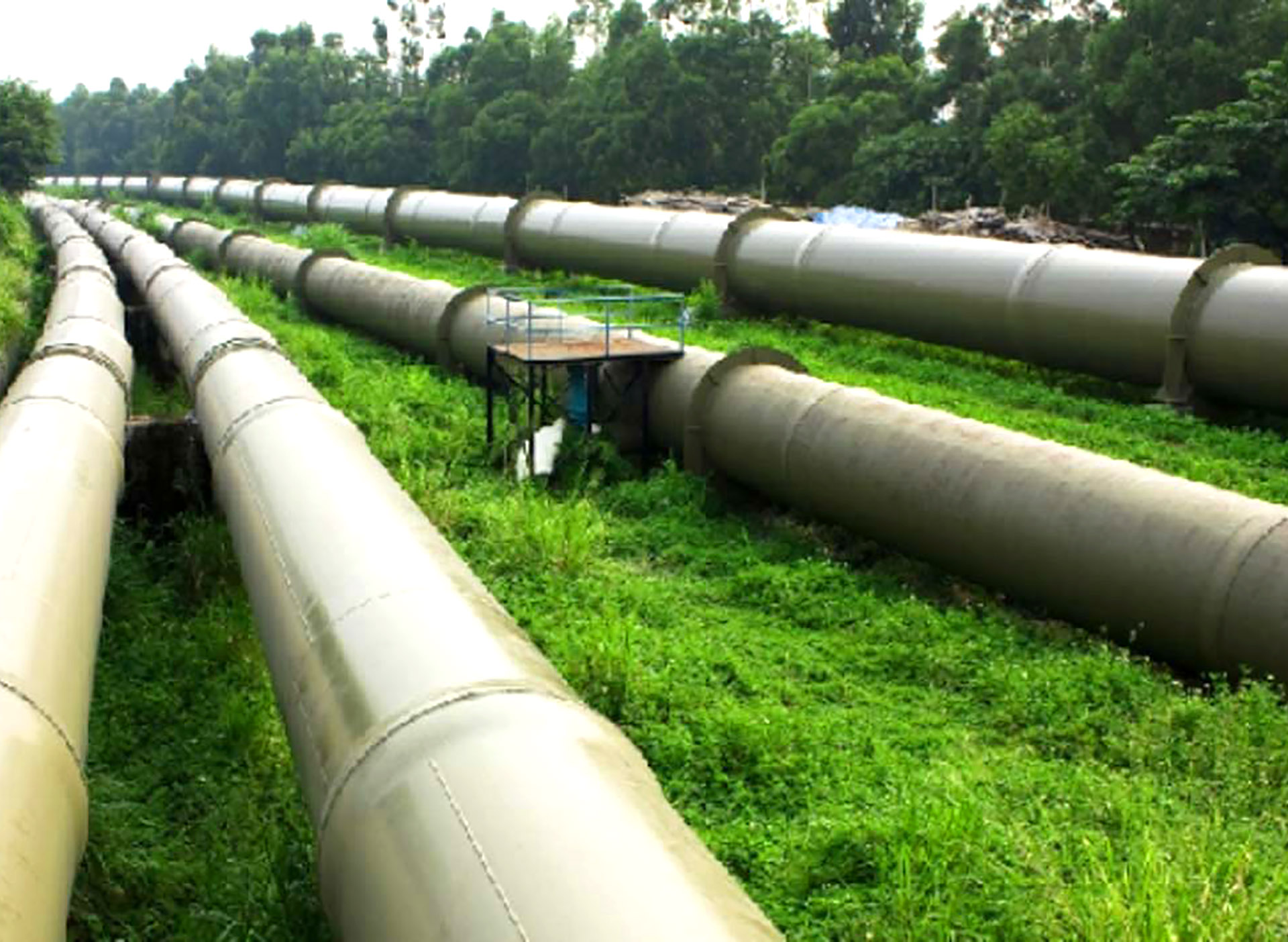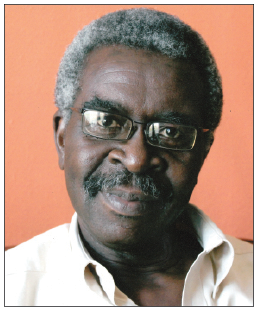During July and August of 2019, engineers were hard at work installing solar panels on the roof of Jubilee House in the Ghanaian capital of Accra — the office and residence of President Nana Akufo-Addo.
Across the African continent to the east, another president, Kenya’s Uhuru Kenyatta, snipped a ribbon in the rocky desert landscape of Lake Turkana to officially open Africa’s largest wind-power installation. The giant blades of 365 turbines add 310 megawatts of reliable, low-cost energy to the national grid.
These two initiatives reflect the drive to light up the whole of Africa from renewable energy sources — to tackle climate change by cutting emissions from coal-burning power stations and to meet rapidly growing energy demand on a developing continent.
More than 640 million people in sub-Saharan Africa, more than 42 percent of the population, have no access to electricity. The World Bank highlights how this situation stunts economic growth, with 2-4 percent knocked off countries’ GDP every year.
Now, with prices of renewables falling below that of coal, and given Africa’s abundance of green energy potential, more than 40 of the continent’s 54 countries have penned renewable power targets.
The greatest need is in rural areas and low-cost, rapidly installed solar and wind systems — which can be combined into mini-grids — offer a common-sense solution. The International Energy Agency sees such systems being 70 percent of new connections over the next 25 years.
A target for Africa has been set: 300 gigawatts (GW) of renewable energy capacity by 2030. This ambitious number was determined by the African Renewable Energy Initiative, led by the African Union and the United Nations.
To get there will require a 680 percent increase in the current deployment rate, according to the International Renewable Energy Agency (Irena). At the moment the sustainable sector is dominated by hydropower from a few giant dams, with other renewables making up just 5 percent of total generation.
“Africa’s energy supplies are not meeting the needs and aspirations of its people,” concludes a 2016 study by The Economist Intelligence Unit, adding that renewables must play a greater role alongside the burning of fossil fuels. Benefits of renewables include cleaner air, better energy security, lower energy import bills and a diversification and de-risking of the energy mix, say researchers.
The Economist reports a “growing appetite for renewable energy in Africa” and point to the continent’s plentiful resources, from Ethiopia’s natural geothermal phenomena, to gales blowing between Mount Kulal and Mount Nyiru in Kenya’s Wind Corridor, to the massive hydropower potential of the mooted Inga Dam in Democratic Republic of Congo (which could power half of Africa with its 40GW).
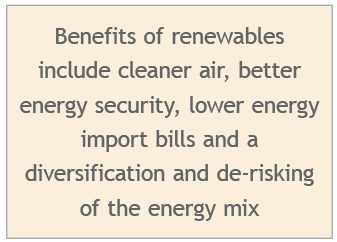
In Ghana, where panels glint atop the president’s roof, solar irradiation levels of up to 6kWh/m2 hold great promise of power from the sun, according to a recent newsletter from law firm and Lex Africa partner Bentsi-Enchill, Letasa & Ankomah.
This promise has attracted investment, with more money going into solar than any other power technology in Ghana over the past three years, and has encouraged the government to draw up an investment-focused Renewable Energy Master Plan. This plan aims to ensure renewable energy supplies constitute 10 percent of the national energy mix by 2030.
The Economist talks of Africa’s “pipeline of high-quality projects” being rolled out throughout Africa. It speculates that Africa’s power sector can “leapfrog” heavy infrastructure — in a similar way to mobile communications in the late 2000s — thanks to innovative pay-as-you-go strategies and the expansion of small-scale technologies into “bottom-up” networks.
A key recommendation of The Economist study is for countries to design competitive renewable procurement programmes, rather than going for one-off projects. It singles out South Africa’s programme — emulated by Zambia and Uganda — as being transparent, standardised and competitive, thereby reducing risks for developers and costs for government.
South Africa’s programme stalled after four bid rounds due to political interference in favour of an ill-conceived nuclear plan and trade union pressure at state-run power utility Eskom. However, the way in which wind and solar tariffs fell over the period of the four rounds — from nearly 30 US cents per kWh in 2011 to less than seven cents in 2014 — makes a compelling case for a jump-start.
As it is, 62 projects are up and running in South Africa, contributing 3,773 megawatts (MW) to the national grid in 2018 — compared to the 43,485MW delivered by fossil fuels.
Obstacles to faster development of green energy abound everywhere, notably in the areas of finance and political will, but the trend is clear and the renewable momentum unstoppable.
____________________________
LEX Africa is an alliance of law firms with over 600 lawyers in 25 African countries formed in 1993. More information may be found on www.lexafrica.com.
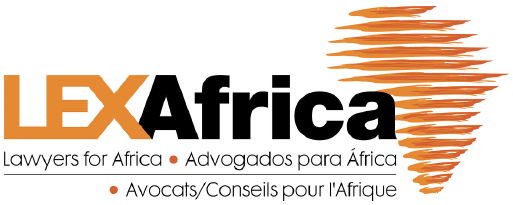
T: (27) 11 535 8000


